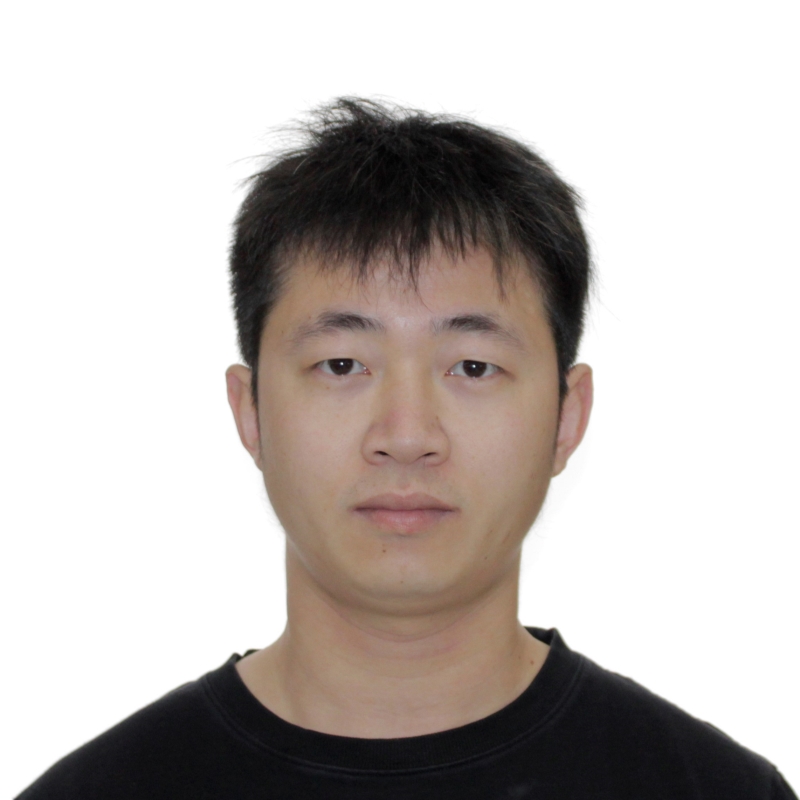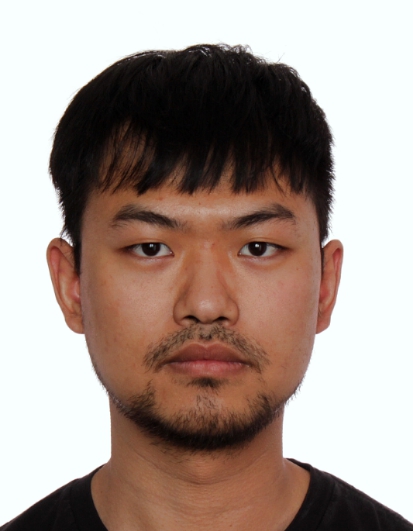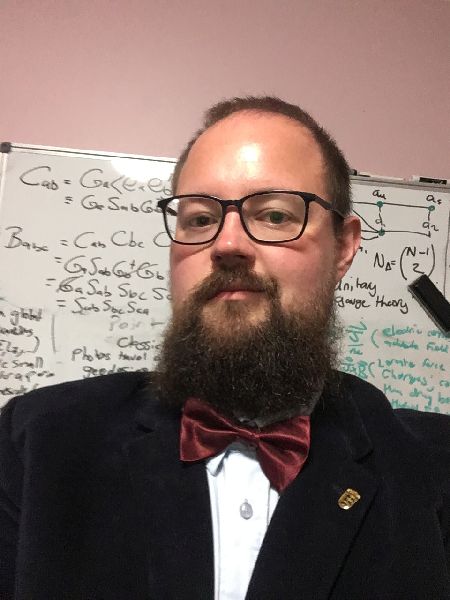
Dr. Arthur Suvorov is an astrophysicist at The Manly Astrophysics in Australia. He did first class honors degree at Monash University, in a double-dose of mathematics with physics on the side. Followed by his PhD from Melbourne Uni. His areas of interest include various aspects of neutron star. Lately, he collaborated with Universidad de Murcia, Spain in a project entitled “Magnetically supramassive neutron stars”, paper of which is also published in Physical Review Letters (DOI: 10.1103/PhysRevD.105.L061302).
Dr. Suvorov is also the recipient of one of the most prestigious Humboldt Fellowship in theoretical astrophysics at the University of Tübingen, Germany.
After reading his paper on neutron stars, I thought of contacting him for an interview. Although, he is occupied with his hectic schedules as he shuttles between Australia (Manly Astrophysics) and Germany (Tübingen), he agreed for a virtual meet-up. So, without further delay, please find Dr. Suvorov himself answering questions on astronomy and his life:
When did you decide to become an astrophysicist? Was there a specific event in your life that triggered this decision?
While the interest was always there, I think the decision came in the last year of my undergraduate degree. I was (and am!) very interested in pure mathematics, as I think there is a lot of beauty in the abstract even if it is not immediately “useful”. I was particularly interested in differential geometry, which then led me to take a class on general relativity. It blew me away with its elegance. From that point on I became more physics oriented.
What do neutron stars’ interiors look like? Is the idea that its composition consists entirely of neutrons true?
In the first stages of life, where the “proto neutron star” is embedded as the collapsed core of a bigger star about to go supernova, it may well be true that it’s mostly neutrons and some neutrinos. All sorts of complicated processes happen just after this point though as the explosion takes place, including the falling back of some of the blown-up material. The star comes to form layers, containing at least protons, electrons (mostly in the outer layers), and neutrons. But there could be all kinds of exotica. Some stars also steal matter from companions, and can have all kinds of elements in their mantle. We just have to keep watching to find out more — the chemical makeup is one of the big questions!
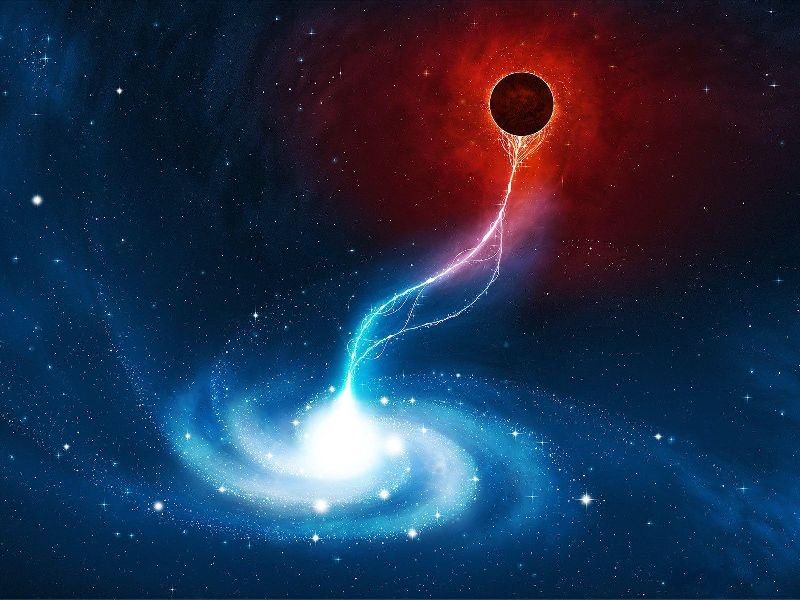
Are anti-magnetars, neutron stars with uncharacteristically low magnetic fields?
Anti-magnetars, a name coined by Gotthelf and Halpern to my knowledge, are indeed an enigmatic bunch of objects. We typically infer a neutron star’s magnetic field strength from its spin period and period derivative values, as the rate at which it is spinning down by ejecting particles can give you a handle on how strong the field is. Some “central compact objects”, which are the collapsed remnants in supernovae, seem to be both slow and spinning down slowly, meaning they are probably weakly magnetized. But they are also young, so probably they were born with weak fields, hence “anti-magnetar”. But the jury is still out on what these stars really are.
Why, do you think, our Solar System does not have planets that are in between the size of Earth and Neptune?
It’s a curious question, as to why there are no “super Earths” in our solar system. My understanding is that it’s thought that the presence of gas giants (like Jupiter) work to suppress the formation of super-Earths, like schoolyard bullys.

Universe is infinite, so you think there is other intelligent life that exists somewhere within it?
Is the universe really infinite? I’m not so sure. Mathematical models tend to stipulate the universe is indeed infinite, but it is an assumption. The observable universe is certainly not infinite and, almost by definition, it’s hard to imagine how you could deduce the size of something unobservable. Even so, I have no doubt that life exists somewhere else out there. I think the existence of black holes is even more mind-blowing than the existence of intelligent life, and we know those are there! The more advanced a species becomes the less noise it makes, so maybe there are aliens out there but they blend into the background. It’s a law of large numbers type of arrangement.
Before the era of exoplanet discoveries, instruments could only measure stellar motions down to a kilometre per second, too imprecise to detect a wobble due to a planet. Will technological development allow us to look at the surface of the nearest exoplanets in the 21st century?
Look at the surface? Probably not in a deep way this century. Sure, we will improve our ability to map the chemical abundances, but to produce an actual, optical image I think is extremely challenging. But who knows what the bright, young men and women of this century will discover.
What are your other interests besides physics and mathematics?
Science fiction. Or is that a cheat answer?
Someone comes up to you and says, “I wanna be just like you. I want to be an astrophysicist”. What advice would you give?
It does undoubtedly involve some work to study up and learn the necessary background. But if you are passionate enough, the time flies by when you are learning it, and I do not think it is out of anyone’s reach. The only advice I would give then is find others to talk about it with, so the flame stays alight.
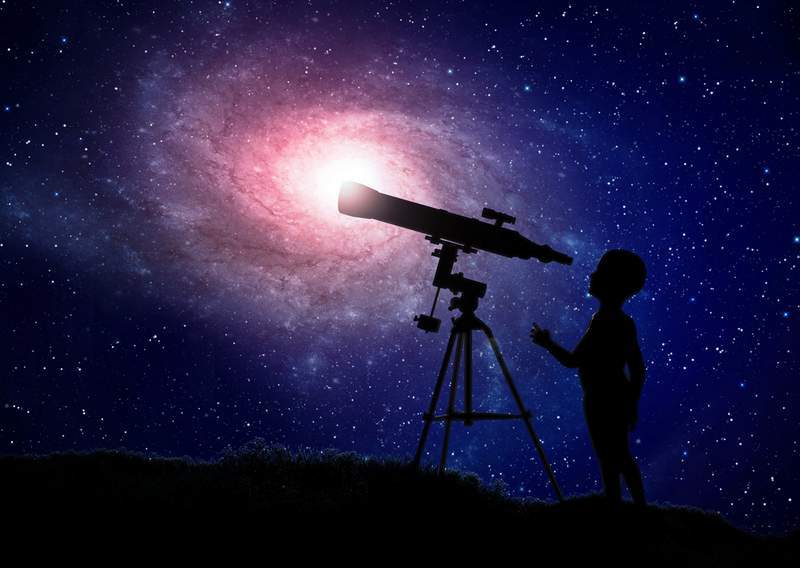
Quick bits:
What is your favourite movie quote?
“I think this boy’s cheese has done slid off his cracker.”
If you were a superhero what would your powers be?
Teleportation, for sure.
What would you do on Mars for fun?
Build sandcastles.
What will your TED Talk be 10 years from now?
How to become famous enough to give a TED talk.
What books should I read in 2022?
Anything by Christopher Hitchens.
Wow! That was really wonderful. Dr. Suvorov, it has been a real pleasure! I can’t thank you enough. Your work is truly an inspiration. We look forward to visit you again and see more of your innovative research. Till then, we wish you all the very best for your future endeavor.

